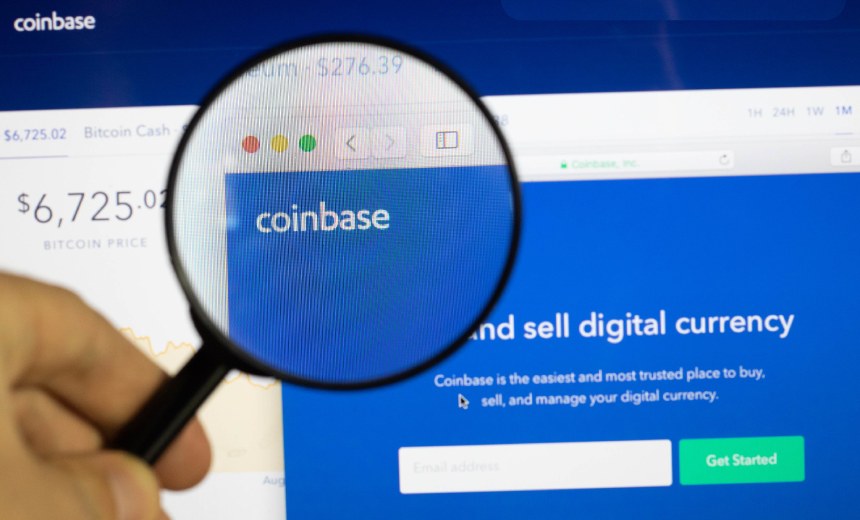Cryptocurrency Fraud,
Data Breach Notification,
Data Security
Hackers Demand $20 Million Ransom After Targeting Coinbase Users

A significant data breach has compromised the personal and financial information of approximately 70,000 Coinbase customers, alongside a ransom demand of $20 million. The incident, which Coinbase revealed stemmed from bribery tactics aimed at customer support agents overseas, dates back to December.
In a disclosure to Maine’s Attorney General, which occurred just days after a formal Securities and Exchange Commission filing concerning the incident, Coinbase articulated the mechanics of the breach. Customer support agents were reportedly coerced into providing sensitive Know Your Customer (KYC) records through cash incentives. This information included a wealth of personal data, such as names, home and email addresses, and government-issued identification documents.
The attackers also accessed critical customer account details, including balances and transaction histories, which could potentially serve as a foundation for future phishing or social engineering strategies. Coinbase affirmed that sensitive elements such as passwords and private keys were not compromised, and noted that less than 1% of its active users were impacted.
Coinbase’s awareness of the breach began earlier this month, when it received a ransom note from the suspected perpetrator, threatening the release of the stolen data on the dark web. The company opted not to comply with the demand and instead announced a corresponding bounty for information leading to the attacker’s capture. It is currently collaborating with law enforcement and industry partners to recover the stolen assets while terminating the employees involved.
As investigations unfold, the Justice Department has initiated an inquiry, and the SEC is scrutinizing Coinbase’s disclosure practices to assess their completeness and timeliness in light of the breach. The financial repercussions are also significant; Coinbase estimates that remediation and customer reimbursement costs could range from $180 million to $400 million, pending further evaluations.
Industry analysts have voiced concerns about the broader implications of the exposed personal data, suggesting that the human toll surpasses the financial calculations related to the breach. KYC regulations, while intended to mitigate illicit activities, are now under renewed scrutiny for their potential risks to customer privacy and data integrity.
In the aftermath, incidents resembling Coinbase’s breach have reportedly targeted other cryptocurrency exchanges like Binance and Kraken. However, these companies successfully thwarted the attacks, leaving questions about the possible interconnectedness of the threat actors involved.
This breach showcases critical adversary tactics such as initial access via bribery, and emphasizes the potential for privilege escalation and persistence within corporate frameworks. Understanding and adapting to these evolving threats remains essential for business owners as they navigate the complex cybersecurity landscape.